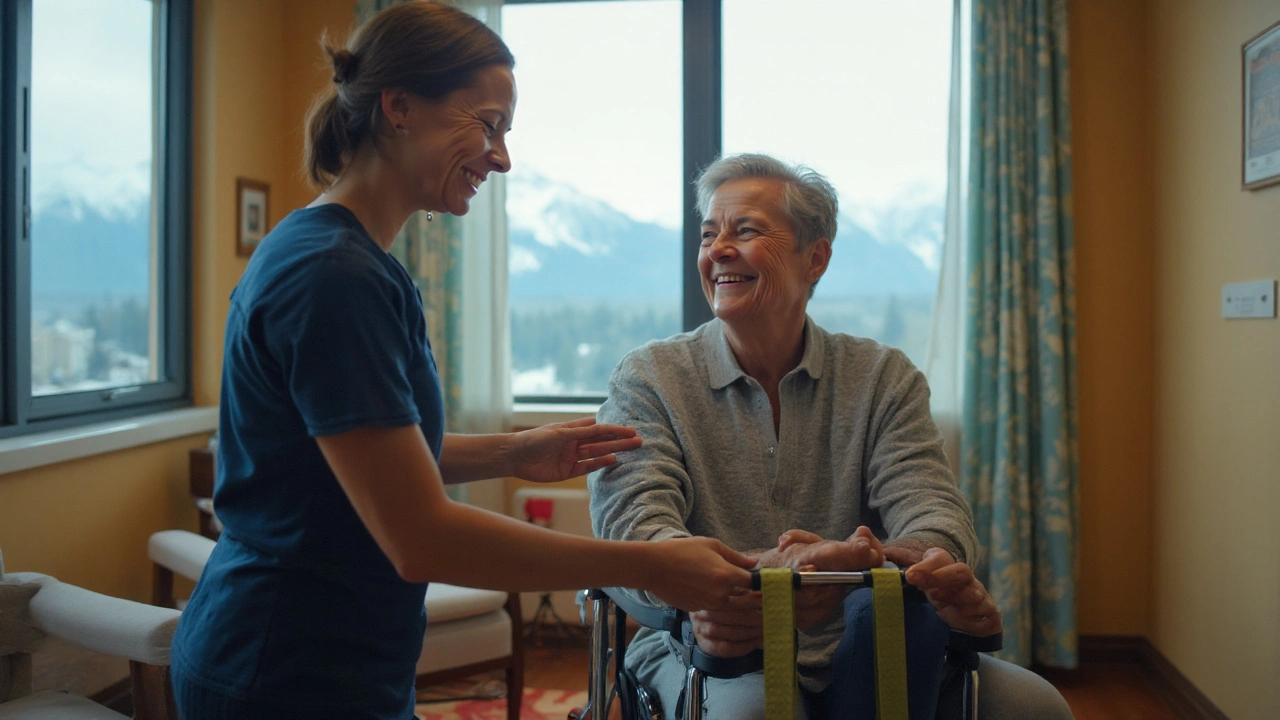Renal Cell Carcinoma: What You Need to Know
Renal cell carcinoma (RCC) is the most common type of kidney cancer. It starts in the cells that line the small tubes inside the kidney. Most people hear the name and think it’s rare, but in Canada it accounts for about 3% of all cancers. Knowing the basics can help you catch it early and get the right care.
Risk factors are pretty easy to spot. Smoking, high blood pressure, obesity, and a family history of kidney cancer all raise the odds. Some genetic conditions like von Hippel‑Lindau also play a role. If any of these apply to you, keep an eye on the warning signs.
Common Symptoms That Should Raise an Alarm
RCC often sneaks up without obvious signs, but there are a few clues to watch for. A persistent blood‑taint in the urine (hematuria) is the most common symptom. You might also feel a dull ache or a noticeable lump in the side or lower back. Unexplained weight loss, fatigue, and occasional fever can be linked too. If you notice any of these, especially together, talk to a doctor right away.
Don’t forget that some people never feel anything until the tumor is found during an imaging test for another reason. That’s why regular check‑ups are important if you have risk factors.
How Doctors Diagnose RCC
The first step is usually an ultrasound, CT scan, or MRI of the abdomen. These images show the size, shape, and exact location of the growth. If the scan looks suspicious, a biopsy may be taken to confirm it’s cancer. Blood tests and urine analysis help rule out other problems and give a picture of overall health.
Staging follows diagnosis. Doctors use the TNM system (Tumor size, Node involvement, Metastasis) to decide how far the cancer has spread. Staging guides treatment choices and helps predict outcomes.
Once the diagnosis is clear, the treatment plan is built around the stage and your overall health. Early‑stage RCC (stage I‑II) often means surgery is enough. A partial nephrectomy removes just the tumor while keeping most of the kidney. If the tumor is larger, a radical nephrectomy takes out the whole kidney plus surrounding tissue.
For later stages (III‑IV) where cancer has spread, doctors add targeted therapies, immunotherapy, or sometimes radiation. Drugs like sunitinib or pembrolizumab attack the cancer cells directly or boost the immune system to fight back. Clinical trials are also an option if standard treatments aren’t working.
Recovery after surgery depends on the procedure. Most people stay in the hospital a few days and can resume light activities within a week. Your doctor will monitor kidney function and may suggest lifestyle tweaks—like a balanced diet, regular exercise, and quitting smoking—to keep the remaining kidney healthy.
Living with RCC doesn’t mean life stops. Many patients lead active, normal lives after treatment. Follow‑up appointments every few months are key to catching any recurrence early. Keep a symptom diary, stay on top of medications, and lean on support groups if you need them.
In short, renal cell carcinoma is treatable, especially when caught early. Knowing the risk factors, spotting symptoms, and getting prompt imaging can make a big difference. If you think you might be at risk, schedule a check‑up and ask your doctor about the best screening options for you.
How Physical Therapy Boosts Quality of Life for Advanced Renal Cell Carcinoma Patients
-
Written by Clarissa Farnell
25/ 09
Discover how targeted physical therapy improves function, eases pain, and lifts quality of life for patients battling advanced renal cell carcinoma.
